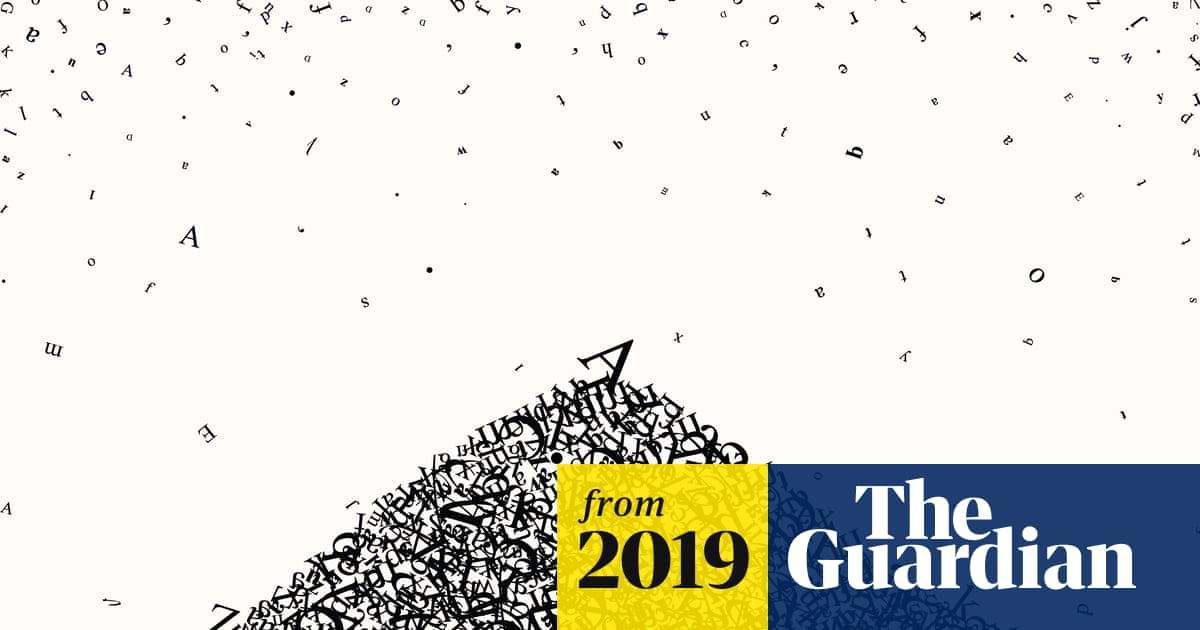
Make unlimited summaries with AI!
Upgrade to PRO US$ 7.0/m
No restricted functions
None
The author argues that categories in the human mind are not just random groups of objects, but rather evolutionarily adapted knowledge systems with their own neural mechanisms. When the brain is damaged, these systematic differences can lead to selective impairment in certain categories, such as animal knowledge. This is a categorical effect, rather than a result of damage to non-categorically organized visual or functional semantic subsystems. The author challenges the dominant theory that suggests sensory and functional properties are the primary determinants of category meaning, and instead proposes that domain-specific knowledge frameworks provide a better account of category-specific deficits.
PRO users get Higher Quality summaries
Upgrade to PRO US$ 7.0/m
No restricted functions
Summarize text
Summarize text from file
Summarize text from website
Get better quality outputs with more features
Become PRO
neural mechanisms
human mind
random groups
evolutionarily adapted
adapted knowledge
knowledge systems
author argues
Knowledge
objects
mechanisms
Related summaries

Get better quality outputs with more features
Become PRO